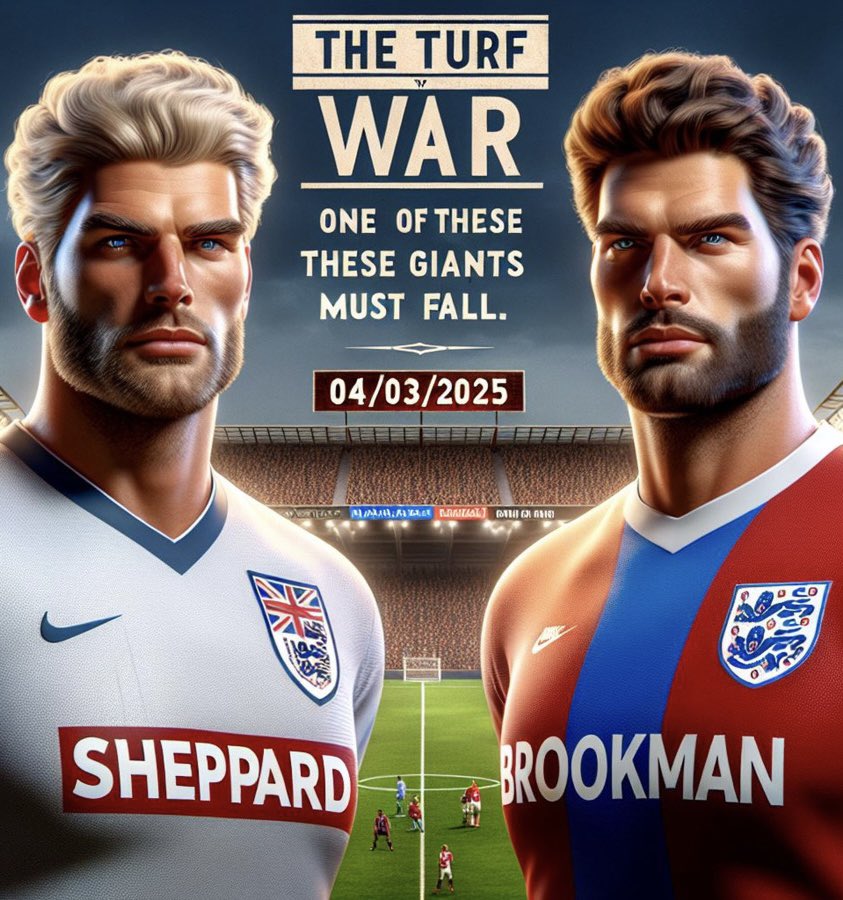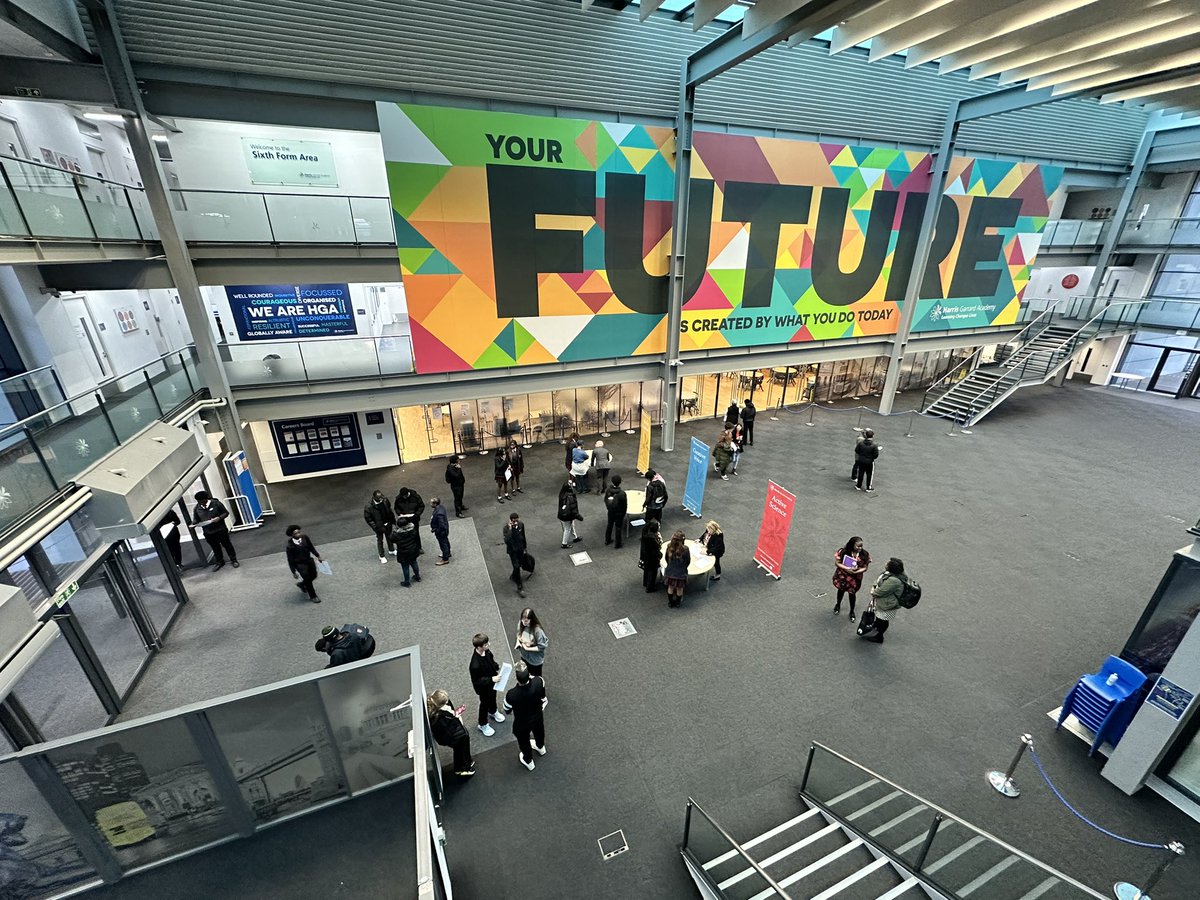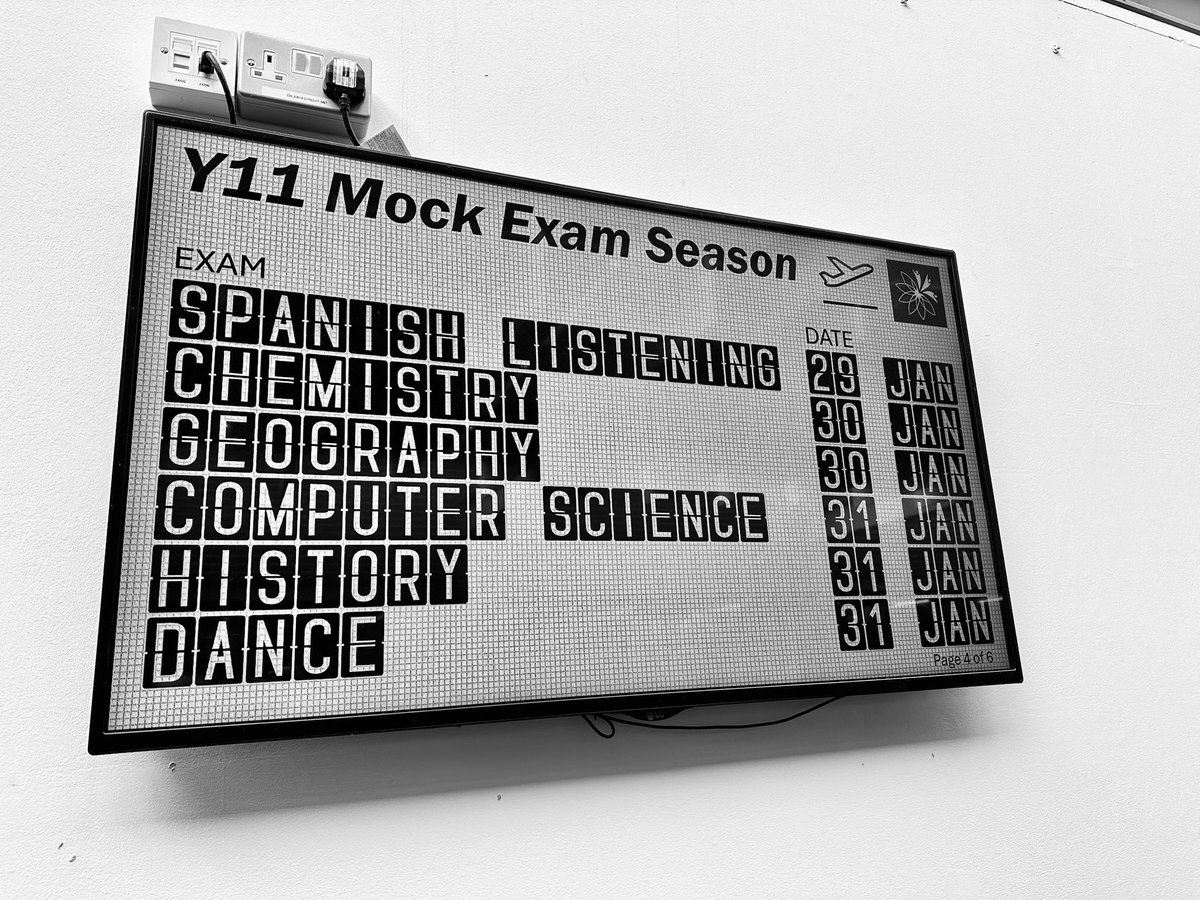Drama
At Harris Garrard Academy, the Drama department works towards equipping our students with skills that can be applied as performers and as citizens in the outside world.
Students are encouraged to work as a team, exploring a range of plays and texts and creating work based on a series of stimuli. Students will experience a range of dramatic works and explore how drama skills can be accessed outside of theatre as well as inside.
Throughout their time studying Drama, students will be given the opportunity to explore live theatrical work to embed their passion and appreciation for the subject even further. The Drama curriculum is designed to encourage greater self-belief, to work together cooperatively with others and develop the confidence to try new ideas.
Theatre trips are chosen to coincide with the topic being taught and it is expected that the students will all have attended a live theatre performance before exams are taken in Year 11. Opportunities to perform include student-written and directed pieces, termly assessments and co-productions with external companies.
Key Stage 4 overview
The KS4 AQA Drama curriculum is composed of three components, all worth a different percentage of the overall grade:
Component 1 – Understanding Drama: 40%
Written exam focusing on the roles and responsibilities within theatre, stage styles and formats, analysis of performance skills, analysis of live theatre and context of the play Blood Brothers by Willy Russel.
The exam contains three sections:
- Theatre roles and terminologies – four multiple choice questions, all worth one mark each.
- Study of a set play – 4-mark, 8-mark, 12-mark and 20-mark.
- Live Theatre Review: 32 marks.
Component 2 – Devising Drama: 40%
20%: Performance created by the students using a stimulus, such as music, art and poetry. This performance must be stylised with influence from a choice of drama practitioners, such as Antonin Artaud, Konstantin Stanislavski and Bertolt Brecht. This also requires them to be using their performance skills, such as body language, facial expression, tone pf voice, etc.
80%: Coursework based, and in the form of a logbook. This logbook must detail the devising process from start to completion. They will need to write about how they come up with and researched their ideas, how they decided on the message of the performance and why they chose this message, the rehearsals of their ideas, the feedback they have received from their peers, the performance day and a reflection of the event itself. In total they will need to write up to 2000 words.
Component 3 – Text in Practice: 20%
This component will require the students to learn two extracts from a play and perform them in front of a live audience and an AQA examiner. The play can change year by year, but it cannot be of the same style as the play they are writing about in their Component 1 exam (Blood Brothers – Musical).
This will require them to learn a set text off by heart, fully understand the characters within the whole play as well as in their extracts, rehearse it to their best ability and be confident to perform in front of others.
Key information: each component will require them to have an extensive knowledge of their drama skills and how to analyse them effectively. These skills are necessary in every component.
You can download Knowledge Organisers for each year group from our Knowledge Organisers page.
For queries about the Drama curriculum please contact: Isaac French i.french@harrisgarrard.org.uk
Further details of the curriculum can be found below.
Year 10
In Year 10, we will focus on understanding and developing the fundamental skills in Autumn term 1a. This will involve students participating in a variety of practical workshops (which are non-negotiable and physical). This will cover the following skills:
Three basic performance skills
- Face the audience.
- No blocking of each other
- Speak loud and clearly
Physical skills
- Body language
- Facial expression
- Gesture
- Stance
- Levels
- Proxemics
Vocal skills
- Tone of voice
- Pitch
- Volume
- Accent
In Autumn term 1b, we move into looking at performance techniques, and how they are created. This again involves a series of workshops, practicing how these techniques are applied to a physical performance. Each week they will be working toward performing a scene in the final lesson, using one of the techniques listed below:
- Freeze-frames
- Thoughts aloud
- Thought tracking
- Physical theatre
- Flashback
- Flash forward
- Slow motion
- Split stage
- Cross-cutting
- Angel and devil of conscience
In Spring term 1a, they will begin Component 2 – Devising Drama, with the core knowledge already established. They will be tasked with learning about a variety of different drama practitioners and companies, who will be influencing their final performances at the end of the year. Once these practitioners have been studied and understood, they will them begin to devise drama using a stimulus, and they will be presented a variety of options over the next couple of weeks. The topics involved are hard hitting, such as drug use, abandonment, death, crime, immigration, feminism, equality, etc.
In Spring term 1b and Summer term 1a, they will be put into groups (by the teacher) and asked to pick on of the stimuluses they had studied previously, to develop into a performance based off their ideas.
For example 'Poem – Life of a Celebrity' details a variety of topics relating to the lifestyles of the famous, both positive and negative (paparazzi, pressure to perform, partying, alcoholism, crime, drug use, etc).
- Using these themes, they need to decide on a message they think is topical and relevant, like drug use is killing our youth or humanise the lives of celebrities, etc. They need to research this idea and topic to find statistics and stories from real life. For example, Amy Winehouse (singer/celebrity) and her drug-fuelled lifestyle being the end of her life and a waste of talent.
- They are tasked with each coming up with a scene idea based off this information. For example, a party with drugs that gets busted by the police and the paparazzi take photos of this a place these photographs into the headlines. How does the celebrity respond? How does social media play into this? What are the fans and critics saying?
- They will then rehearse these ideas and form a non-linear performance, infused with dramatic skills, performance techniques and stylisation of one practitioner.
Their performance must be recorded, and it is marked by their teacher. The logbook will be completed alongside this, throughout the process.
For the final term (Summer term 1b), they will begin preparation for Component 1 – Understanding Drama, in particular the plot and characters from Blood Brothers. They will spend this time exploring extracts from the text practically and analysing a professional performance via online video to better understand the production and performance of this play.
Year 11
For Year 11, they will be completing both Component 1 and Component 3 within this year. With their mock exams being in November, the first term (Autumn term 1a) will be spent learning how to apply their physical knowledge of performing Blood Brothers into a written format for the exam paper. They will cover structures for writing, production roles and responsibilities within theatre, the historical context of the play (set in the 60s and 70s with Liverpool), etc.
Autumn term 1b will see the students completing their mock and then moving on to Component 3 – Texts in Practice. They will spend this term learning a new play through performance, and each week will have the next bit of the text the read/perform. By the end of the term, they will have completed the whole play within class time.
Spring term 1a and part of 1b, will be when they are given their set texts to learn from the play to learn off by heart, rehearse and perform in front of an examiner. The date of when the examiner comes depends on AQA’s availability. More often than not, these extracts are monologues or duologues.
Once Component 3 has been completed, they will be attending a live theatre performance in which to analyse withing their Component 1 exam. This will require them to remember the performance and keep note of all the key performers/characters, plot devises, set design, costume design, directors’ choices etc. This play also changes year by year, depending on availability within the area. They will then in class, learn how to apply this information to their writing within the exam.
Their exam will usually take place in May.
Careers
Students that study Drama can expect to be well prepared for any career that involves consistently excellent communication skills and the ability to collaborate effectively. Job prospects in the artistic world will be enhanced by achieving the GCSE qualification in order to make the appropriate steps in further and higher education.
Find out more about the careers programme at Harris Garrard Academy.
Documents
| Drama Year 10-11 Curriculum Map | Download |




















